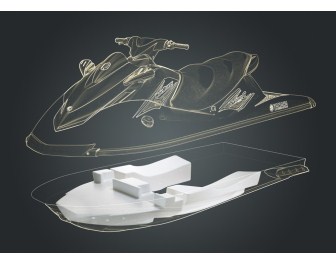Two recent news items illustrate how when commerce trumps environment, dire things happen.
The first item noted that Oregon’s Senate voted down a bill that would have banned single-use plastic and paper bags. Bill sponsors had hoped a statewide measure would avoid a scattershot approach with myriad local ordinances. But the defeat had much to do with plastic bag manufacturers, who actively opposed the bill for obvious reasons. Instead, they promised — most sincerely, of course — to support bag recycling efforts.
Not good enough. Plastic bags have become a worldwide blight, blowing into trees and waterways and creating an unsightly and often dangerous mess.
That leads to the second news item.
A green sea turtle found dead on a beach on Australia’s eastern coast in June had more than 300 pieces of plastic in its digestive system. Researchers from Australian Seabird Rescue, who performed a necropsy, found 317 pieces of plastic in the 6-inch reptile, stomach and intestines, including three varieties of plastic bags, fishing line, packing tape and other items.
Sadly, this is scarcely an unusual occurrence. Thousands of reptiles, fish, birds and animals of many species the world over are injured, crippled, suffocated or starved thanks to plastic bags or their remnants. This very column published a photo of a local white-tailed deer with a plastic bag entangled in its antlers.
This newspaper has championed the elimination of single-use plastic bags for years and advocated the sensible use of re-usable plastic or cloth bags. Millions of people have viewed our compelling slide show, created by high school students from Chicago and still available on our website at www.poconorecord.com/plasticbags.
If plastic-festooned trees, waterways and animals don’t bother you yet, and if the turtle’s untimely death doesn’t strike your conscience, take a look at the slide show. The sheer ugliness will make you think twice about using a plastic bag again.
Source : www.poconorecord.com





